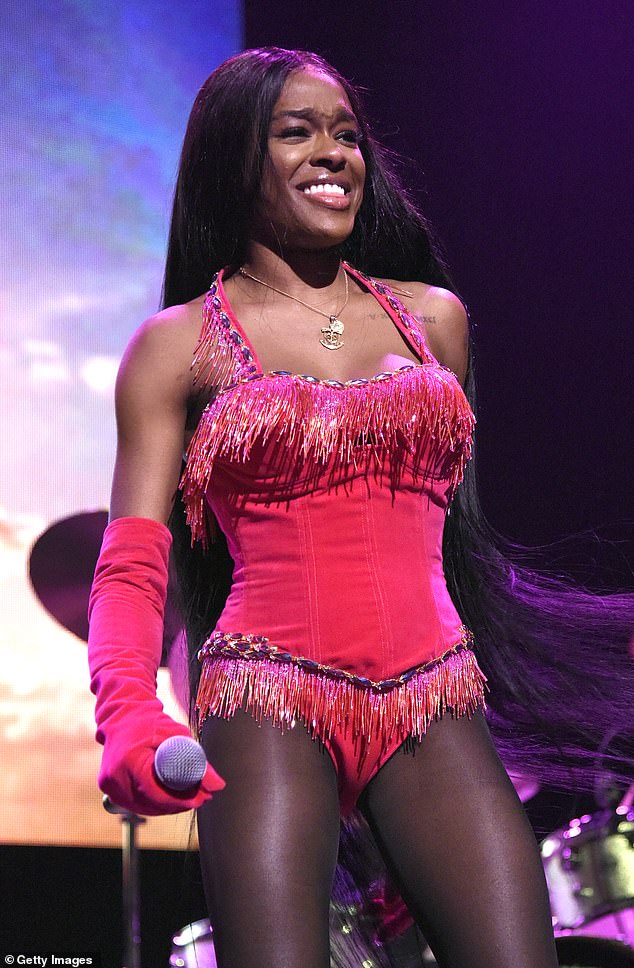In recent news, Azealia Banks criticized Lizzo for announcing that she was quitting the music industry due to feeling like a joke because of her appearance. Banks pointed out that Lizzo had intentionally set up a self-deprecating persona, which prompted the public to laugh at her. She advised Lizzo to shift the narrative, stop playing the victim, and focus on her music rather than inviting people to make jokes. The rapper urged Lizzo to leverage her success, Grammy awards, and musical talent to collaborate with high-profile artists like Ryuichi Sakamoto.
Lizzo shared her feelings on Instagram, expressing exhaustion from facing criticism and being the target of jokes because of her appearance. She emphasized her desire to make music, spread joy, and contribute positively to the world. However, her post also hinted at her reluctance to continue in the face of constant scrutiny and disrespect. These sentiments led to her decision to quit the music industry, citing the negative impact on her mental well-being. Azealia Banks responded by urging Lizzo to take control of her narrative and build a positive image around her impressive achievements and talents.
Following Lizzo’s announcement, her ex-dancers, who previously sued her for sexual harassment, criticized her performance at a high-profile event, calling the decision “shameful.” The lawsuit filed by Arianna Davis, Crystal Williams, and Noelle Rodriguez accused Lizzo of harassment, a hostile work environment, and inappropriate behavior. The dancers alleged that Lizzo engaged them in demeaning acts and subjected them to uncomfortable situations. In light of these accusations, Lizzo faced backlash from critics and former associates, casting doubt on her character and professionalism.
The lawsuit against Lizzo detailed disturbing incidents involving her alleged misconduct, including weight-shaming, inappropriate behavior in a strip club in Amsterdam, and encouraging performers to engage in demeaning acts. The dancers’ lawyer condemned Lizzo’s actions as contradictory to her public persona and values. Despite the allegations, Lizzo defended herself on social media, denouncing the claims as false and sensationalized. She expressed disbelief at the accusations and acknowledged the challenging situation she found herself in due to the lawsuit and negative publicity.
In response to the ongoing legal battle, Lizzo’s request to dismiss the case was denied by a Los Angeles County Superior Court judge, ensuring that the lawsuit would proceed. The judge’s ruling underscored the seriousness of the allegations against Lizzo and the need for legal review and resolution. Throughout this ordeal, Lizzo maintained her commitment to her music and professionalism, emphasizing her passion and dedication to her craft. The controversy surrounding Lizzo’s actions and the lawsuit against her have raised questions about the entertainment industry’s standards and the treatment of performers. The situation highlights the challenges faced by artists in navigating the complexities of fame and public perception.


